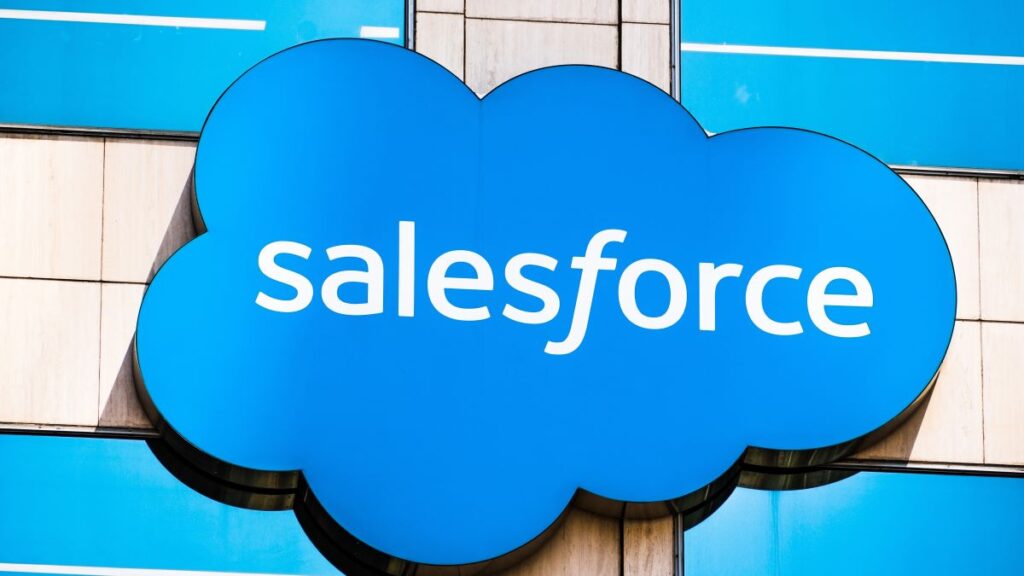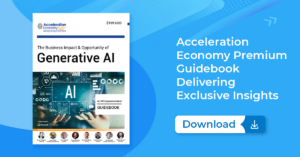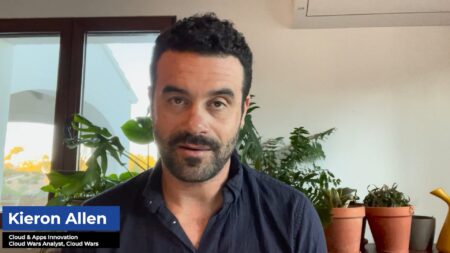
Beyond the requirements for secure and compliant products, organizations introducing new technologies should also have measures that ensure users are competent in managing and excelling using them. Of course, there is the provision of guidance and training materials to consumers, but the most forward-thinking organizations also anticipate the impact of these technologies on the next generation of employees and entrepreneurs.
That’s why Salesforce has just announced a series of grants totaling $20 million that will be used to fund training and education programs in U.S.-based high schools and middle schools, as well as non-profits focusing on workforce development in the U.S. and Europe.
Preparing for the Generative AI Revolution
Most of the grants — $14 million — will be issued to schools. Recipient institutions are spread across the U.S., located in San Francisco, Oakland, New York City, Chicago, and Indianapolis.
The aim is to use the funds to support advanced courses and develop skills around generative AI, other strands of AI, and emerging technologies. By doing so, students will be better prepared to enter careers that require proficiency in these technologies and make the most of these technologies in the classroom.
School districts in receipt of the grants have allocated the funds to specific areas, each seemingly addressing the unique needs and requirements of the students they represent. For example, while some school districts have chosen to use the funds to support pathway programs and transitional classes, others have invested directly in the core computer science and math skills required to understand and operate next-generation technologies.
Supporting the Wider AI Employment Ecosystem
The remaining $6.8 million has been allocated to education and workforce development non-profits. The organizations are in the U.S., France, Germany, and the U.K. The funding will provide students with training and work-based experiences around AI and other digital skills.
START, the only nationwide organization in Germany dedicated to empowering youth with a migration background, is one of the recipients of a Salesforce grant.
“We are going to set up two program tracks with Salesforce’s and other partners’ support,” Farid Bidardel, managing director at START tells Acceleration Economy. “The first track, START Coding, is about teaching young people app coding and how to develop technical solutions for societal challenges.”
“The second track, START Career, addresses the transition from school to work, apprenticeship, or further studies, giving participants practical insights on companies and their daily business and making them familiar with the requirements needed to get the job they dream of.”
“As the future of work is very much connected with digitalization and thus with AI, the two tracks relate to each other, and the role AI will play in employment.” continues Bidardel. “Apart from this AI plays a special role in our scaling and digitalization strategy as we develop an AI-powered digital empowerment platform to offer our programs to the target group based on their individual needs.”
This latest grant allocation comes on the back of numerous other funding programs as part of Salesforce’s education grant initiative that launched in 2012. Over $46 million has been awarded specifically to workplace development grants, but the total grant funding is now $233 million, the rest going to education institutions.
Much of the funding has gone to schools in the Bay Area, and the outcome is impressive. For example, the San Francisco Unified School District (SFUSD) has used the grants to strengthen and expand computer sciences at the district’s schools. To date, at least 25,000 students, half of the students in the district, have undertaken at least one computer science course.
Wrap Up
With its ongoing commitment to education grants, Salesforce demonstrates the importance of partnerships. While many alliances are based on mutual gains, customer satisfaction, and innovation, supporting education and workforce development institutions address another need: the importance of future-proofing.
Organizations developing technologies like AI that can alter how we work should consider the impact of these technologies on the future workforce. While undoubtedly philanthropic, this initiative from Salesforce is also efficient and progressively ethical.
It recognizes the shift new technologies bring to society and actively supports the education and skills required to adapt. And there’s another angle, too. While many commentators discuss the dangers of AI overtaking the people-powered workforce, Salesforce is proving the opposite. They clearly understand that skills must adapt and are taking active measures to help streamline this shift.










